
The COVID-forced holiday hiatus has created a demand for travel as well as a desire to do it better than before. Laura Gelder looks at how to be a responsible traveller.
The world of tourism is so full of confusing buzz-words – responsible travel, eco-lodges, green tours, sustainable tourism – that sometimes it’s hard to know what to focus on to be a better traveller, and easy to be duped into believing something is better than it really is. Earth Changers is a company committed to helping consumers to navigate this confusing world and make informed decisions. Its founder, Vicky Smith, has worked in the travel industry for over 20 years as a ski guide, a resort manager and a game ranger, amongst other roles, but now focuses on tourism that has a positive impact. She thinks that the most important thing for travellers to remember is that responsible tourism is a decision-making process rather than a type of tourism.
This is a feature from Issue 6 of Charitable Traveller. Click to read more from this issue.
“You can go on a theme park holiday which is responsible or a glamping break which is not, she explains. “Being a responsible traveller is about taking responsibility for the choices you make and the impacts that they have, and also measuring and monitoring them.” Embarking on this decision-making process can be tricky but there are a number of goals that it helps to have in mind when you’re planning a holiday:
- Mitigate climate change.
- Protect natural environments.
- Ensure your money goes to locals, not multinational corporations, and helps to level up poorer communities.
- Avoid contributing to over-tourism.
- Tackle or raise awareness of inequalities relating to gender/sexuality/race.
Try to avoid being greenwashed
Nobody's Perfect
Vicky acknowledges that the many options available to travellers now are confusing and says it’s important to remember that responsible tourism isn’t black and white. “We work with some suppliers who are focused on helping wildlife and others who are more about communities,” she says. “The fact is, we can’t all do everything and it’s up to the consumer to decide where they most want to make an impact.” It’s easy to get caught up in jargon, but, Vicky explains, it’s not as complicated as you might think. “The official definition of responsible tourism is making better places for people to live in and better places for people to visit,” she says. “Sustainable tourism is the utopia we want to get to – where we can continue tourism without it negatively impacting future generations – but responsible tourism is how we get there. Simply put, all responsible tourism is based on the triple bottom line: economy, society and environment, or profit, people and planet. Consumers need to look for companies that are balancing these considerations rather than chasing profit above all. But if a company claims to be responsible or sustainable, how can we trust that they really are? “To avoid being greenwashed you must look for evidence and ask for data,” says Vicky.
“A company who is trying to greenwash you may focus on tangible things, like plastic,” says Vicky. “But it’s the behind-the-scenes stuff, like energy, water and waste management, which has a bigger impact. It’s all very well banning plastic straws but if you’re paying your staff badly or using dirty energy, that doesn’t make up for it.” There are certification schemes out there to help consumers identify responsible tourism companies, but this is also confusing. There are close to 200 such schemes, relating to different destinations (some have their own), or different facets of tourism (cruising or hotels for example) but ones that are actually credible are few and far between. Luckily, the UK has one of the oldest and most reliable certification schemes. Green Tourism has certified about 2,500 properties in the UK and it’s now used abroad too. Otherwise, Vicky advises heading to the Global Sustainable Tourism Council’s website for a list of the certification schemes which it has officially approved as being trustworthy. She also points out that certifications are not a catch-all tool. “There are great companies out there who are committed to sustainability but aren’t certified and others who pursue certifications for good PR when being responsible really isn’t part of their core business practice,” she says.
Visit sites that are off the beaten track so that you're contributing to communities in need...
The Golden Rules
Vicky’s overall message is that there is no one solution but if you care enough to think about it then you are on the path to being a responsible traveller. Consulting a trusted travel professional is a good way to ensure you make smart holiday choices, but you can also consider these golden rules for responsible travel:
Research before you book
The most important thing is to educate yourself on the destination before you go to make sure it’s a sustainable choice and to identify problems and opportunities. You might discover that a resort is overcrowded and therefore choose an alternative that will ensure less pressure on the former and much-needed money going to the latter. You may find that a destination has a particularly marginalised community and be able to focus on hearing their story or helping them. Travelling out of season can help stem over-tourism.
Try to use green transport
If possible go for low carbon options – trains and bicycles rather than planes and cars. If you do fly, going for one longer holiday rather than lots of little ones each year is preferable and keep it to one flight in and one out. Walk, cycle or use public transport where possible when you are there.
Consider your accommodation
Go for locally owned or at least locally managed hotels and look for ones that have a proven track record of being sustainable and giving back to the community they reside in.
Eat local
Eat at local restaurants as much as possible to support the local economy. Local establishments are more likely to use local ingredients but watch what you order – you could try to avoid imported food or drinks, eat what is in season and avoid unethical produce like foie gras or dishes with unsustainable ingredients.
Shop local
Try to buy souvenirs that have been locally made, not mass-produced and imported – if possible, buy direct from artisans. Make sure to check that the products you purchase aren’t impacting endangered species or the environment – a coral necklace contributes to reef destruction.
Choose activities wisely
Book tours that are low impact on the environment, like kayaking rather than jet skiing. Visit sites that are off the beaten track so that you’re contributing to communities in need and reducing pressure on more popular sites. You’ll experience fewer crowds and discover new things. Use local guides who will give authentic insights and amplify local voices.
This is a feature from Issue 6 of Charitable Traveller. Click to read more from this issue.


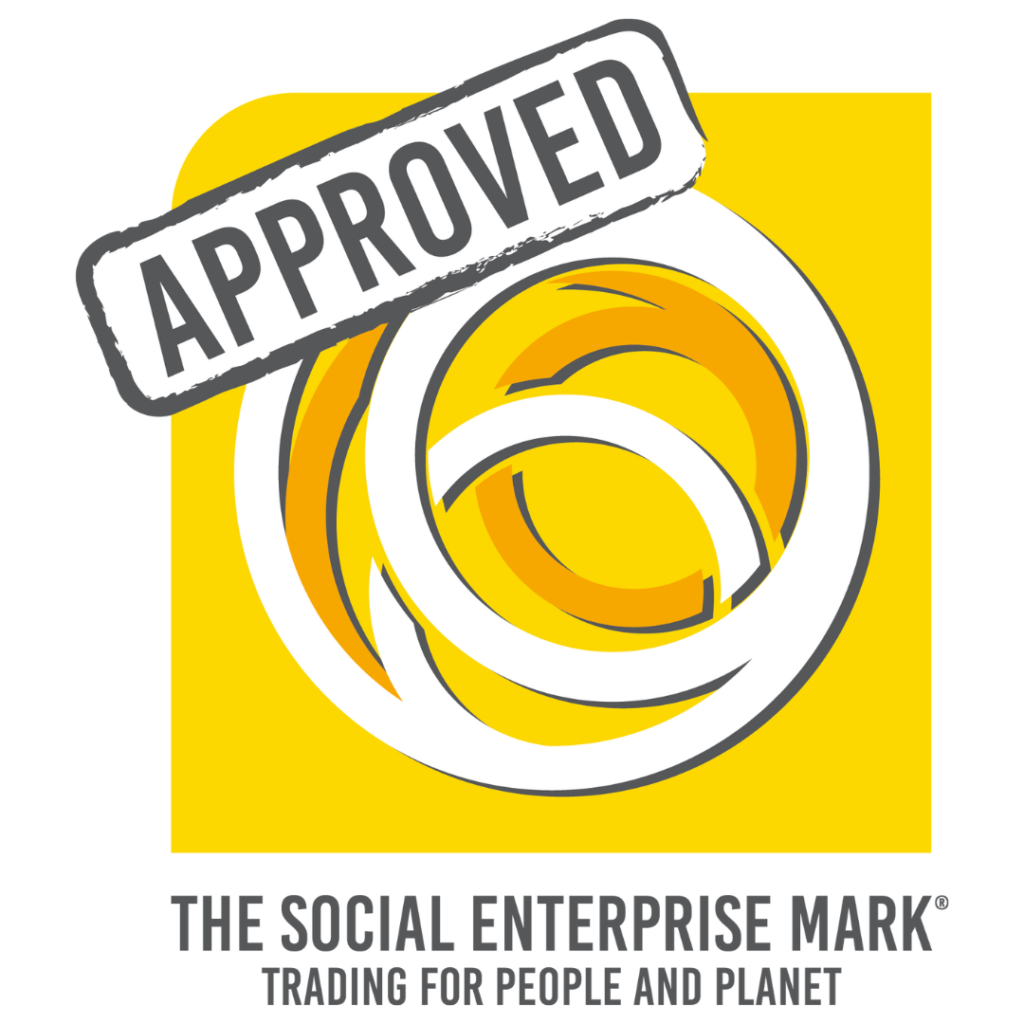



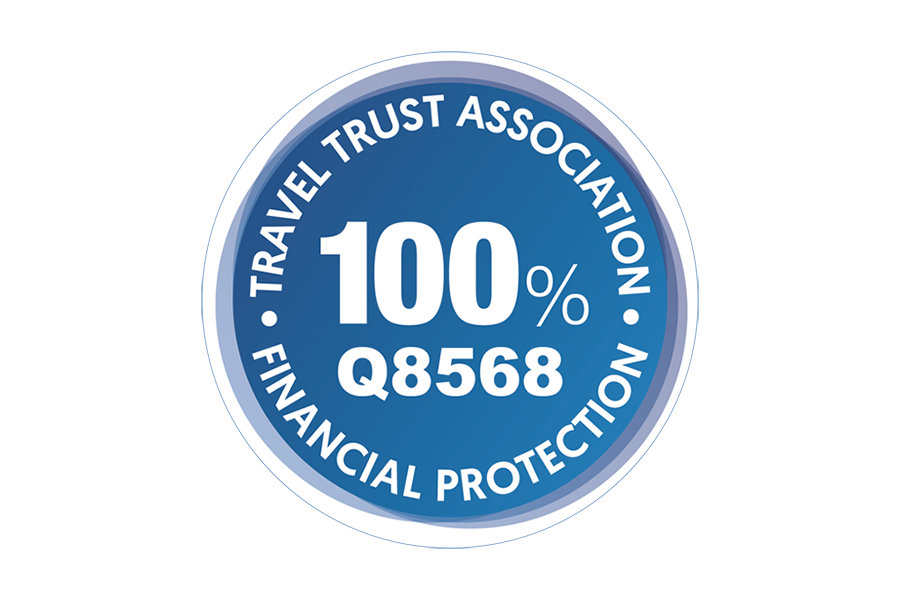

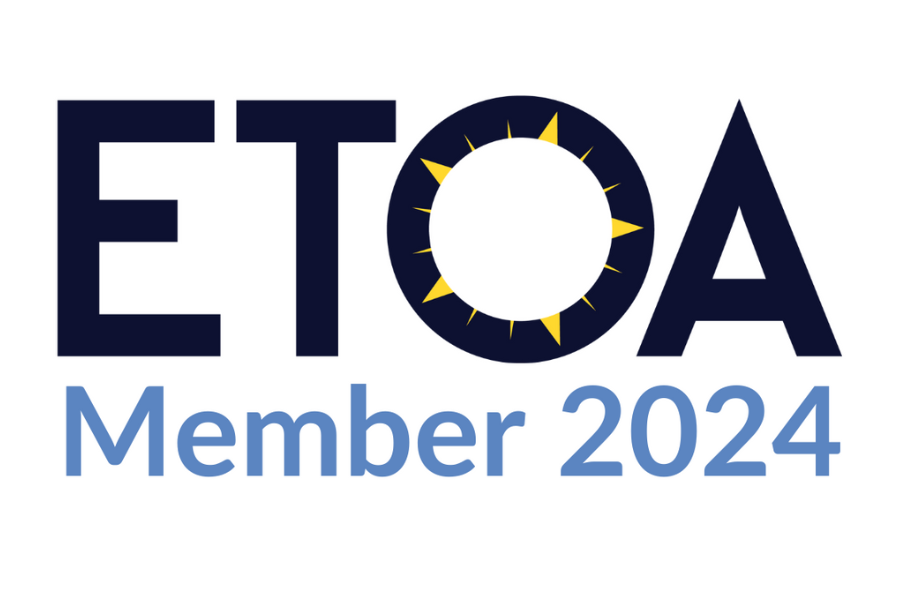

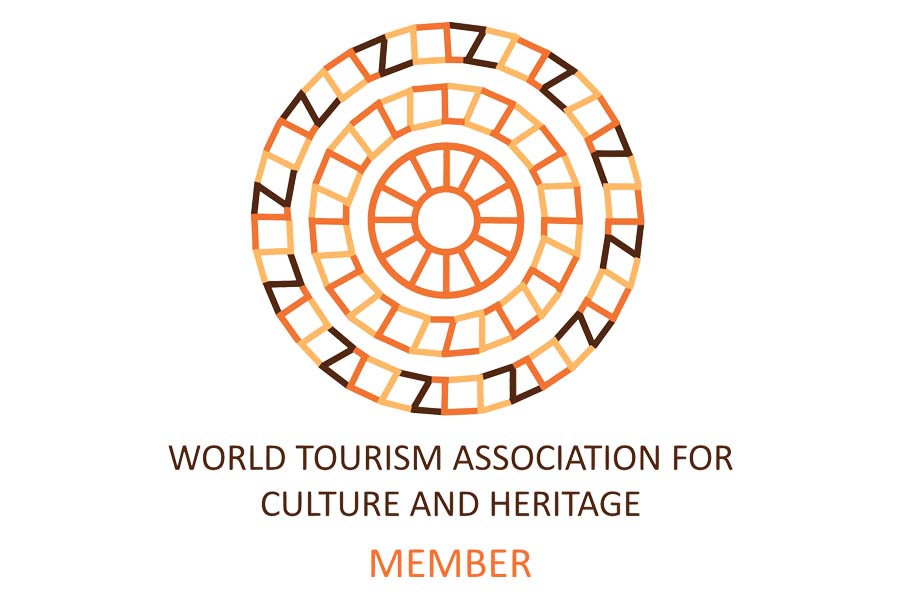




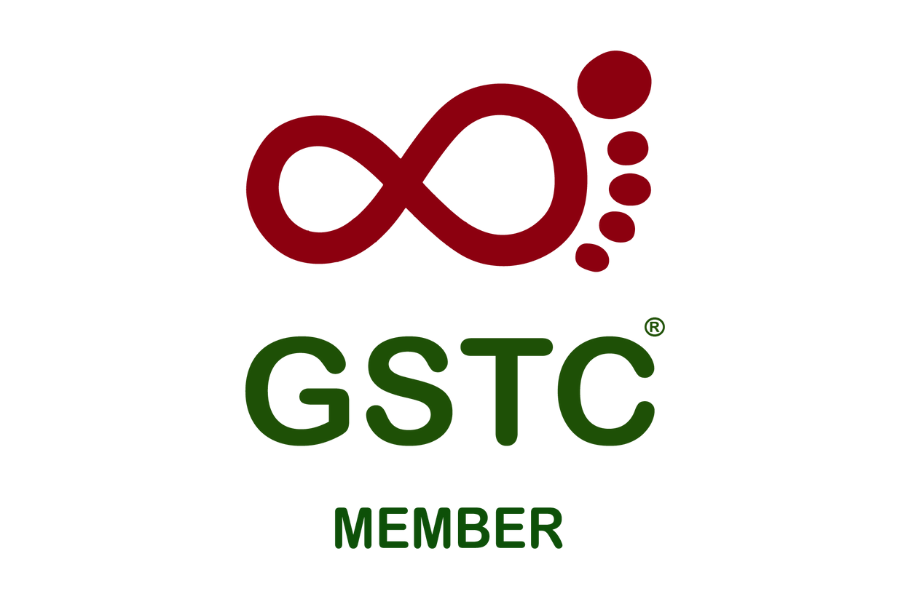

 by net effect
by net effect